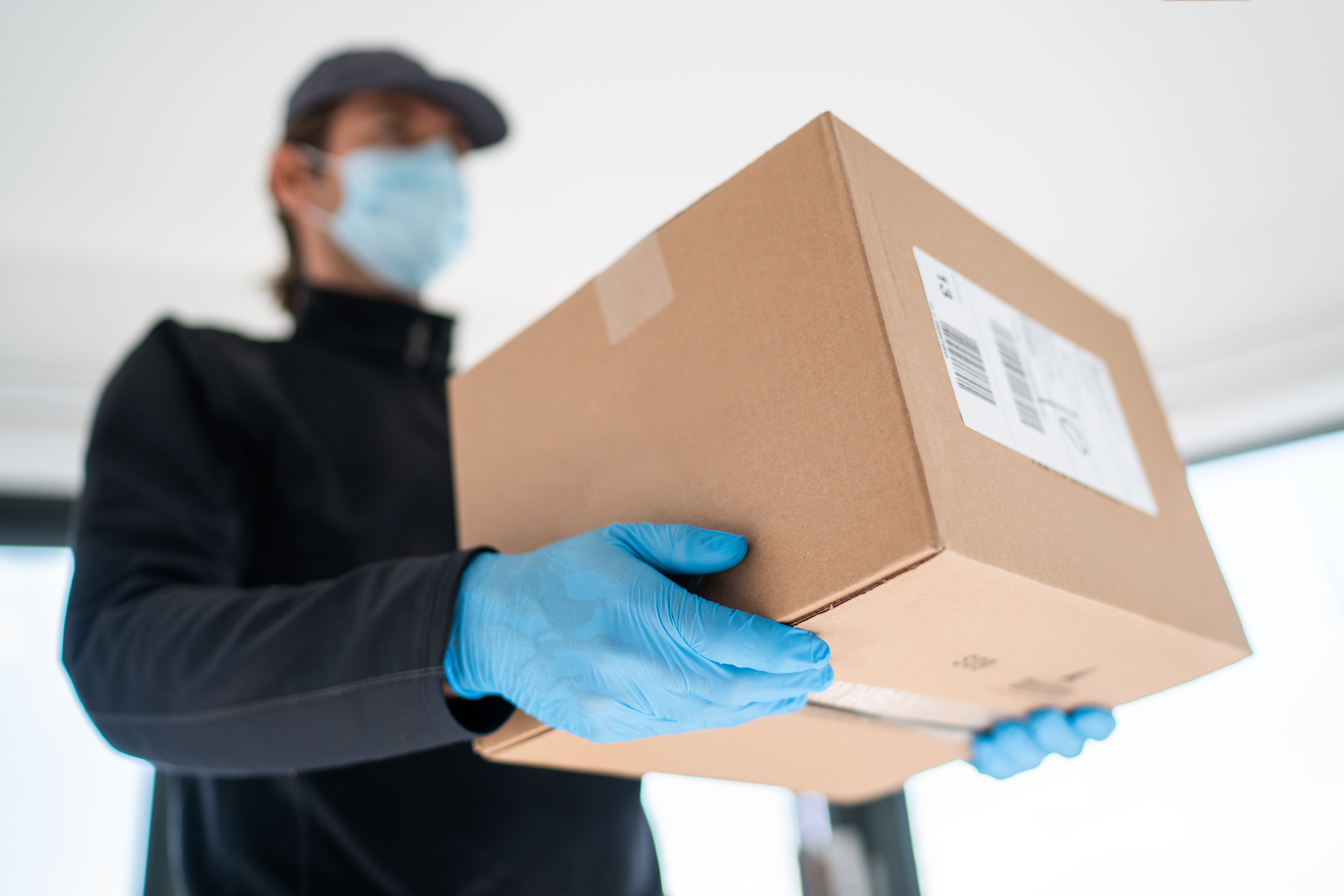The grocery industry needs to brace itself for an onslaught of new wide-ranging packaging legislation. How can we mitigate the risks and manage sustainability everyday?

2022 sees the introduction of the UK’s Plastic Tax, Scotland’s Deposit Return Scheme (DRS) and the finalising of UK’s fearsome Extended Producer Responsibility (EPR) regulations. Is the UK finally getting its act together on tackling the mounting packaging waste problem? We’d probably all agree that it’s not a minute too soon – we’ve seen the TV documentaries showing the clear damage our linear economy and disposable culture is wrecking on the planet - but as manufacturers and retailers of branded, packaged goods it’s not going to be simple nor straightforward.
Defra hopes that the new packaging reforms will address many of the deficiencies of the current system. Local authority recycling collection funding will be centralised, enforcement will be prioritised, recycling collections will be made consistent across the UK and confusing recycling labelling will be replaced with a clear binary system. Intentions are good, consumers and many brands have already bought-in but the practical application of the new regulations will be immensely disruptive across the grocery industry.
Companies will have to pick up the full net cost
From April 2022, any plastic packaging items manufactured, imported or imported filled, containing less than 30% recycled plastic will be liable under the plastic packaging tax and be charged by HMRC at £200 per tonne. From 2023 the EPR scheme will come into force and instead of the current packaging activity chain there will be a single point of compliance effecting brand owners, importers, distributors / wholesalers, online marketplaces or service providers. These companies will be obliged to pay the full net costs of managing their packaging once it becomes waste. The full net cost includes the cost of collection, recycling, disposal, the clearing-up of littered and fly-tipped packaging, and communications relating to recycling and tackling littering.
Will companies have the data available to understand and meet their regulatory requirements?
Companies will be responsible for understanding their obligations and meeting them – this in itself will require a huge undertaking. Companies will be required to measure and evaluate the packaging they handle in forensic detail. Data is going to drive success and the looming legislative demands require a robust, intelligent and responsive system to manage future technical and sustainability packaging requirements for brands and retailers. Companies will need real-time data across all SKUs in every market to be confident that they are making the best decisions and meeting their legal and voluntary obligations.
Extended Producer Responsibility (EPR) is predicted to cost UK companies somewhere in the region of £2.7bn per year but coupled with a single point of compliance these costs could be much higher for some, especially food and drinks companies. It is also predicted that thresholds requiring companies to register will be lowered from the current threshold of £2M turnover / 50 tonnes per year to bring smaller companies into the mix too.
As well as the sheer enormity of calculating a company’s obligations and capturing the necessary data, anyone selling packaged products in the UK will be obliged to comply with mandatory labelling requirements – ‘Recycle’ or ‘Do not recycle’. This applies across all primary packaging components as well as all distribution packaging associated with online, mail order or mobile purchases delivered directly or collected in store. This binary labelling system is designed to remove confusion and facilitate end-user recycling rates. EPR also considers littering within its end of life assessment, and the costs of clearing up litter is included in the full net costs; requiring that companies whose packaging is commonly littered will need to identify this within their assessment process and be prepared to pay a greater share of the full net costs. This will have huge, far reaching consequences for large numbers of well-known fast food companies and snack brands.

We need a new way to deliver sustainable packaging everyday
The need to capture, track and monitor the right data to ensure the smooth running of this impending legislation falls to all stakeholders including; local authorities, recycling facilities, reprocessors and exporters as well as brands and retailers. With so many different businesses operating differing systems and collecting and reporting in different ways it will quickly become chaotic and have devastating effects on a company’s ability to be competitive. Outside the UK, other territories across the EU and US are also adapting packaging Directives to meet their specific packaging requirements, including end-of-life, and this adds yet another additional layer of complexity to the Global challenge.
There’s still time to act but the clock is ticking
A digital system that improves traceability of material through the supply chain, facilitates due-diligence and provides live and accurate data reporting which talks to other existing systems is the grocery industry’s best option to future-proof its packaging. Furthermore, companies should start looking for opportunities now to redesign and/or optimise packaging for cost-effective recyclability as the EPR will work a year in arears. Companies need to be proactive – rethinking formats and substrates now rather than waiting for enforcement. There is still time to reduce packaging risk but the clock is ticking and time is running out.
It is time to mitigate the impact of packaging responsibly, legally and commercially
To help ensure clients are ready for the new legislative challenges and help them avoid unnecessary costs and disruption, Sun Strategy has developed a technology platform called e-halo which combines consulting services with technology to manage future technical and sustainability packaging requirements. e-halo is transforming packaging management globally by providing real-time data across all SKUs in every market to deliver innovative, sustainable and measurable solutions underpinned by data.
In the face of so much disruption to the industry and to help illustrate the best way forward for brands and retailers, Sun Strategy is presenting in more detail at the SUSTx summit on January 26th 2022. Topics for discussion will include, understanding the scale and scope of your obligations, identifying ways to mitigate your risk, unlocking the power of data, investing in green packaging design and delivering sustainability everyday.
About Sun Strategy
Sun Strategy is an end-to-end technology led packaging consultancy. We provide a packaging vision fit for the future, unifying creative, communication and commerce. We draw upon our multi-disciplined expertise in four key areas: Consumer, Sustainability, Efficiency and Compliance to provide a unique service offering tailored to your goals. We have a track record of continually innovating with global brands and retailers to create strategies to transform the value of their business and measure customer success. Pioneering the right choices for our clients, consumers and the planet.
-4.png)
Gillian Garside-Wight
Gillian leads our consulting offer, with over 20 years’ experience in the print and packaging industry, strategically developing packaging strategies, roadmaps and packaging solutions to meet the needs of clients and consumers/end users. She has worked with a number of global retailers and household brands on projects spanning sustainability and innovation to supply chain optimisation. With a real passion for sustainable packaging, her quest is to inform and drive a circular economy wherever possible while complementing creativity and technical functionality but never forgetting commercial requirements.

-4.png)


